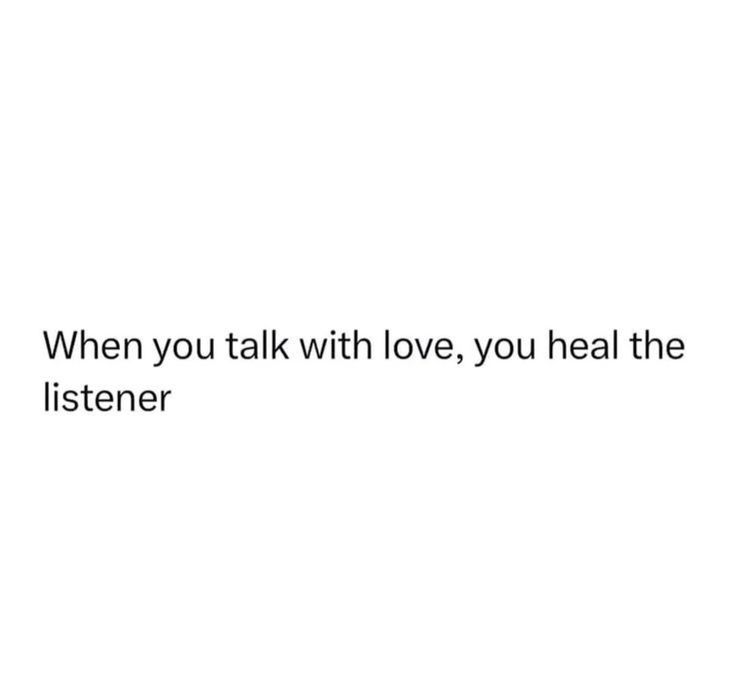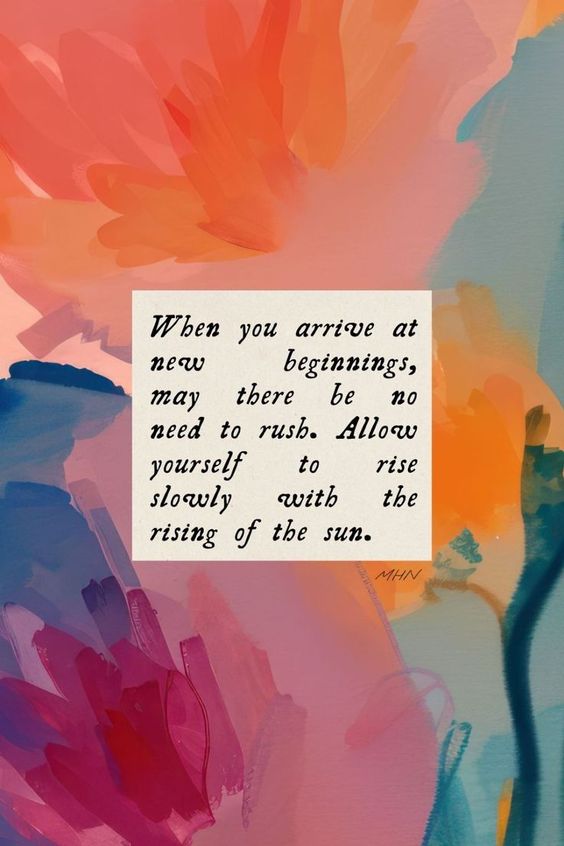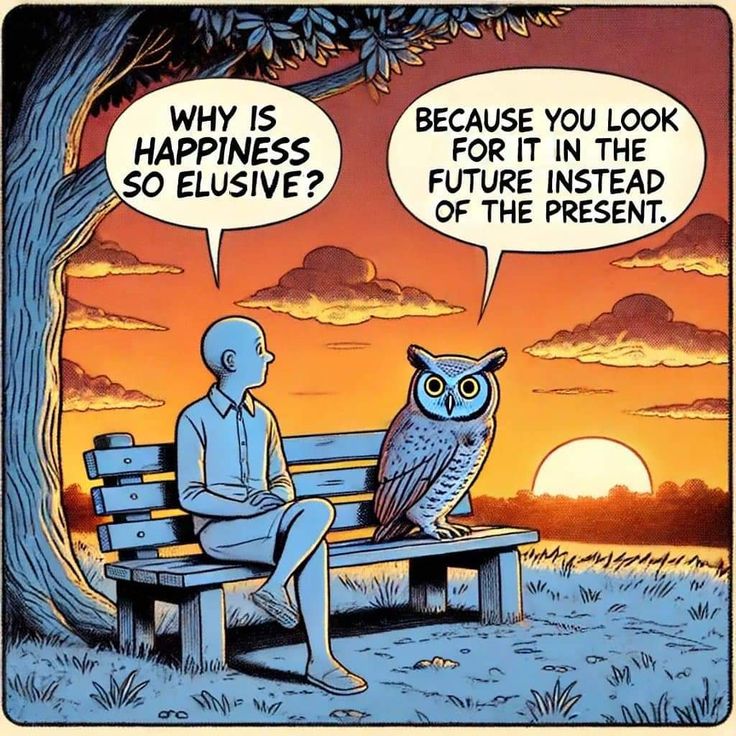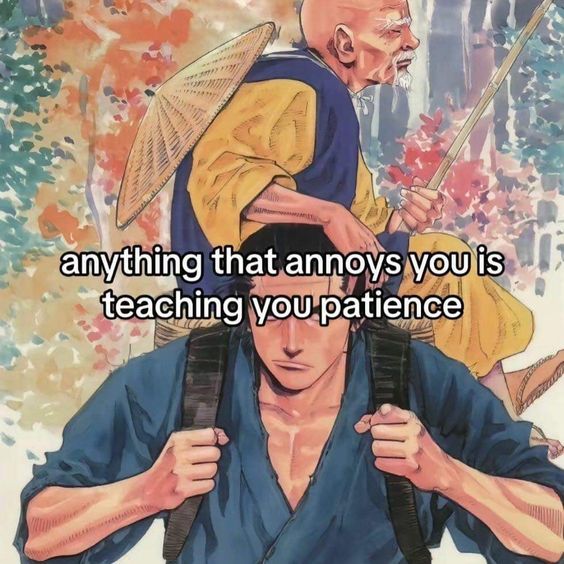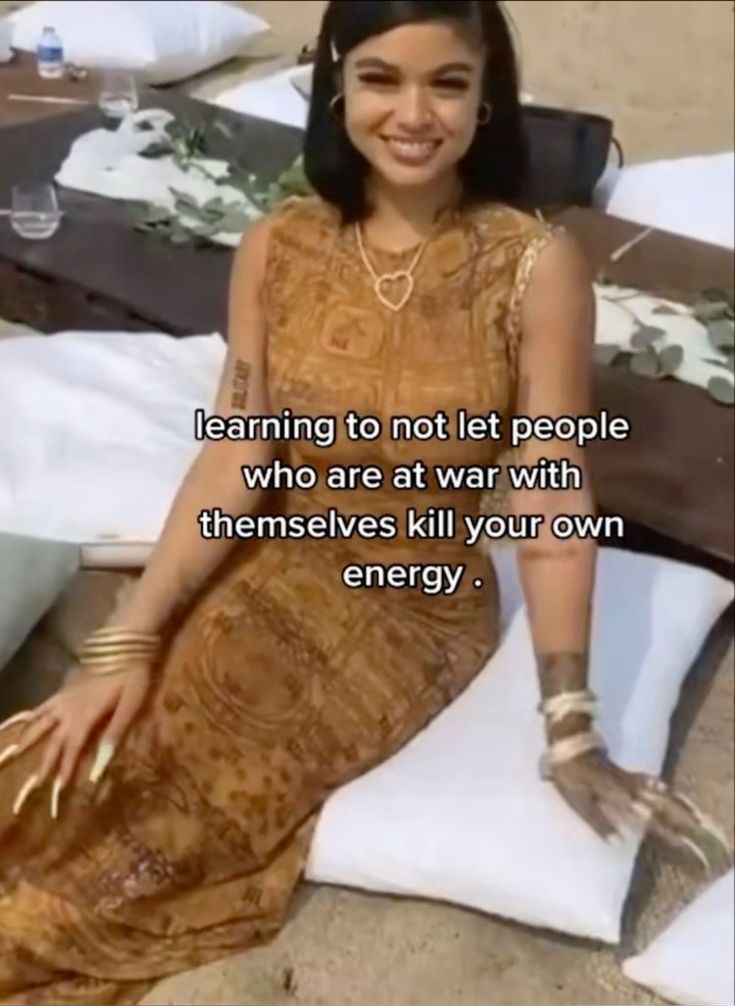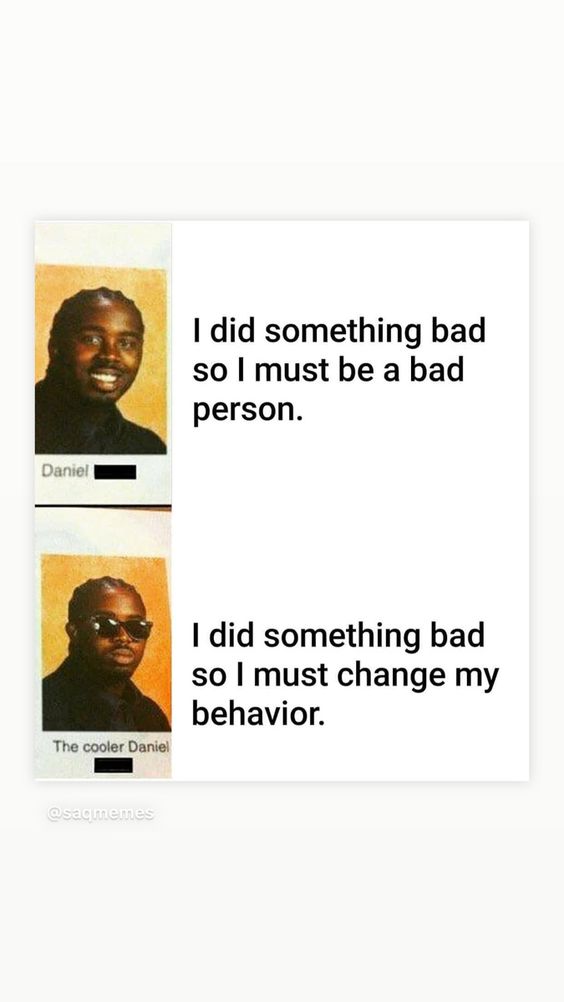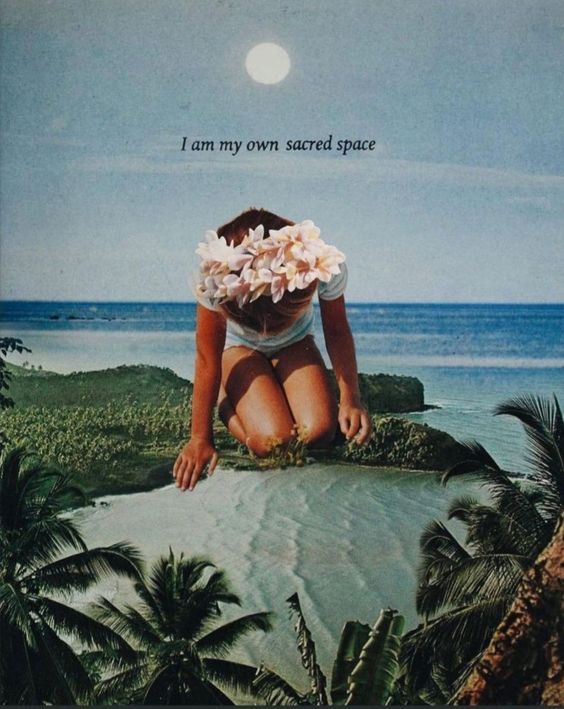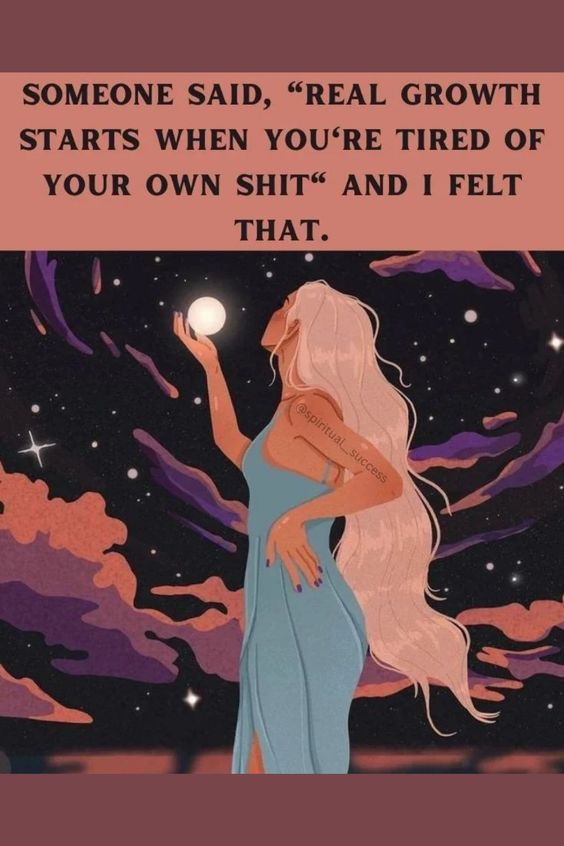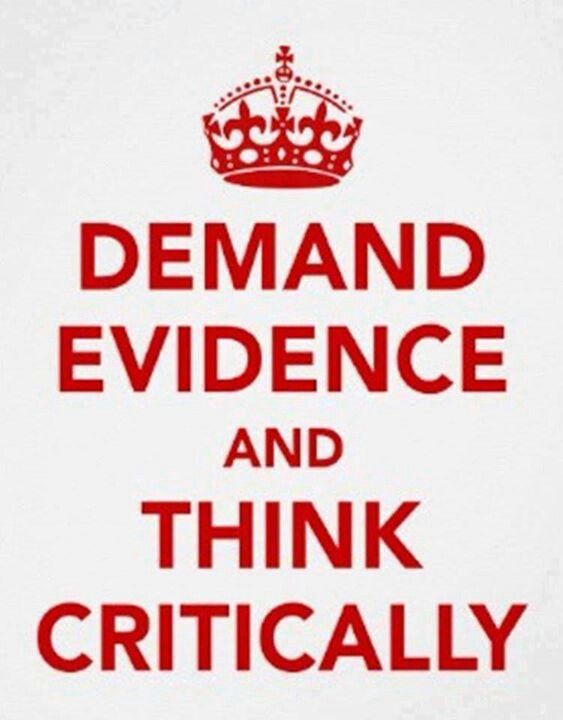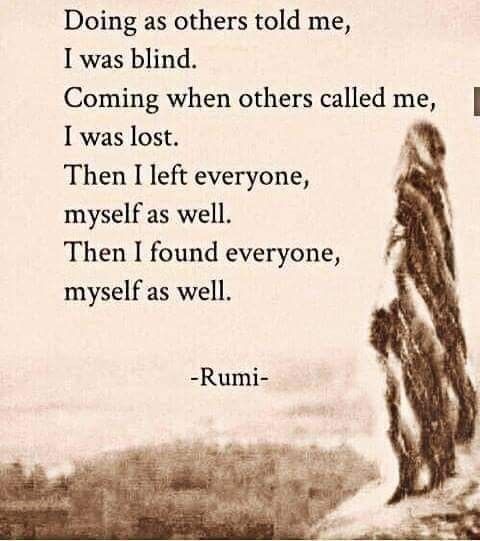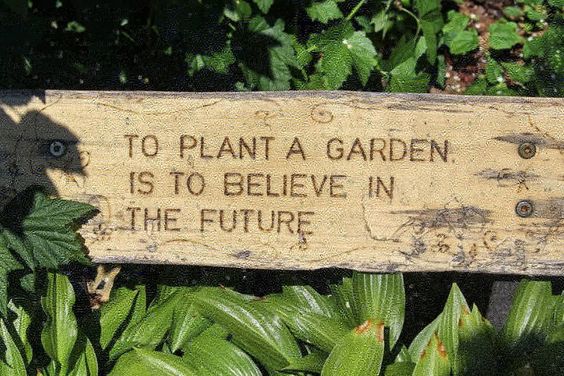“While many of us have encountered serious trauma and some people have done us incredible harm, if we want to repair and heal the imprints that burden our subconscious and skew our perception, we need to embrace the hard work of becoming our own hero. There is no way around it. When it comes to you and the inner workings of your mind, no one has the power or authority to save you the way you can save yourself. All therapists, meditation teachers, counselors, and coaches can do is guide you to reclaim your own power. A guide is not a savior. A guide is simply the person who can show you how to walk the right path so that you can finally live without having to carry so many mental burdens.”
Yung Pueblo
“In a bad 1950s science fiction movie, you might see flying jetpacks, invisibility cloaks and ray guns. What we got instead is a device that fits in our pocket. It allows us to connect to more than a billion people. It knows where we are and where we’re going. It has all of our contacts, the sum total of all published knowledge, an artificially intelligent computer that can understand and speak in our language, one of the best cameras ever developed, a video camera with editor, a universal translator and a system that can measure our heart rate. We can look up real time pricing and inventory data, listen to trained actors read us audiobooks and identify any song, any plant or any bird. We can see the reviews from our community of nearby restaurants or even the reputation of a doctor or lawyer. It can track the location of our loved ones and call us a chauffeured vehicle at the touch of a button. And of course, we use it to have arguments. And to watch very short stupid videos.”
Seth Godin
“There is no safe investment. To love at all is to be vulnerable. Love anything, and your heart will certainly be wrung and possibly be broken. If you want to make sure of keeping it intact, you must give your heart to no one, not even to an animal. Wrap it carefully round with hobbies and little luxuries; avoid all entanglements; lock it up safe in the casket or coffin of your selfishness. But in that casket—safe, dark, motionless, air-less—it will change. It will not be broken; it will become unbreakable, impenetrable, irredeemable. The alternative to tragedy, or at least to the risk of tragedy, is damnation. The only place outside Heaven where you can be perfectly safe from all the dangers and perturbations of love is Hell.”
C. S. Lewis
“The problem with smart people is they can come up with a good reason for not doing anything. They are smart enough to find the cracks, to foresee the challenges, and to talk themselves out of the idea. They are experts at justifying their lack of courage or lack of action with an intelligent excuse.
But there will always be reasons to not do something, and this is particularly true of anything worth doing. We value those moments in which we overcame challenge, not those in which we avoided it. Ultimately, action is a choice. The choice to emphasize the reasons for doing it despite the reasons you have for avoiding it.”
James Clear
“There can be no liberation when our most intimate relationships are built on—and really inflected by—deception, abuse, misdirection, antiblackness, patriarchy, and bald-faced lies.”
Kiese Laymon, Heavy (Page 239)
“We all broken. Some broken folk do whatever they can not to break other folk. If we’re gone be broken, I wonder if we can be those kind of broken folk from now on. I think it’s possible to be broken and ask for help without breaking other people.”
Kiese Laymon, Heavy (Page 228)
“My body knew that my weight, the exact number, became an emotional, psychological, and spiritual destination a long time ago. I knew, and worried, about how much I weight and exactly how much money I had every day of my life since I was eleven years old. The weight reminded me of how much I’d eaten, how much I’d starved, how much I’d exercised, and how much I sat still yesterday. My body knew I was no more liberated or free when I was 159 pounds with 2 percent body fat that I was at 319 pounds with achy joints. I loved the rush of pushing my body beyond places it never wanted to go, but I was addicted to controlling the number on that scale. Controlling that number on the scale, more than writing a story or essay or feeling loved or making money or having sex, made me feel less gross, and most abundant. Losing weight helped me forget.”
Kiese Laymon, Heavy (Page 207)
“My job as a teacher was to help them breathe with excellence and discipline in the classroom. The ones that love you, they become what you model. Don’t forget that. Help them breathe by modeling responsible love in the classroom every single day. The most important thing a teacher can do is give their students permission to be loving and excellent.”
Kiese Laymon’s mom, Heavy (Page 180)

